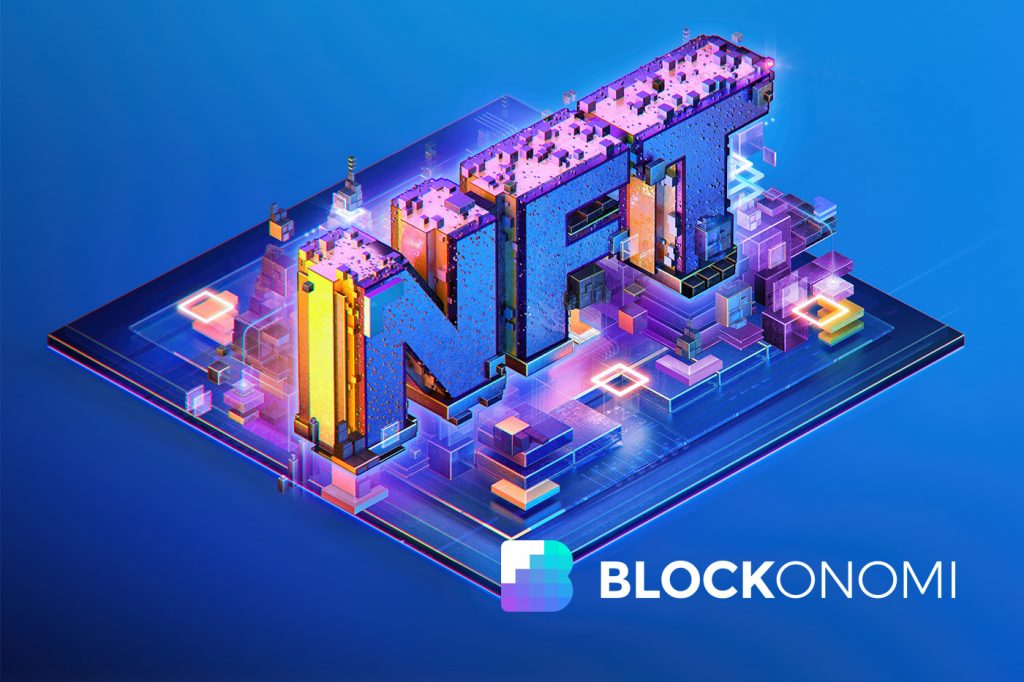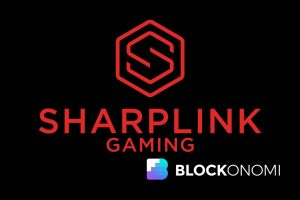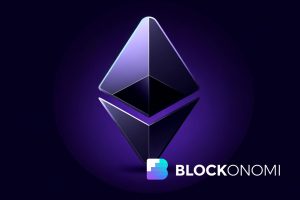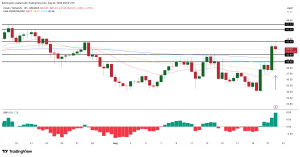Despite Competition, Ethereum Still Leads The NFT Space

Despite the competition from other major blockchains, Ethereum is still at the forefront of the NFT space.
The concept of using blockchain to verify ownership of properties and collectibles was not new prior to the creation of NFTs.
In fact, the first NFTs appeared in 2012, with the so-called original NFT collection – Colored Coin – made by Yoni Assia and based on Bitcoin.
Unfortunately, the concept failed to come to reality because Bitcoin did not support this functional aspect.
Built To Be King, For Now
The concept of NFTs traveled through different platforms, from “Quantum,” the notable “Counterparty,” but yet no magic seemed to work, the “public” remained hesitant until the shift to Ethereum took place.
NFTs are more completed thanks to the introduction of the new standard ERC-721 of the digital currency Ethereum. This standard allows users to transact their assets on the Ethereum blockchain platform.
Since then, Ethereum brought development to the world NFTs. The digital assets quickly went public, hunted and craved all around the world.
Together with the success of DeFi, the bloom of NFTs is amongst the major attributes of Ethereum. The NFT space received great interest in early 2021 and incredibly took the whole community by storm in July.
A Big Winner
Proof of ownership is provided via non-fungible tokens for a wide range of unique digital things including art works, collectible cards, in-game avatars’ clothing, items and many more.
It was estimated that the value of Ethereum smart contracts related to NFT marketplaces and collections surged by almost $20 billion in 2021. At the start of 2022, the rate of growth showed no signs of decline.
Currently, Ethereum is the leader in transactions and assets stored on the blockchain.
Despite Ethereum’s gas fee, which is surely not budget-friendly, the blockchain still holds in hands multiple aces that strengthen its position in the NFT market: NFT marketplaces.
And they are not just some NFT marketplaces, they are giants including OpenSea, Rarible, and Mintable now hosted on the Ethereum blockchain.
Last year, more than $1 billion in volume was created across multiple smart contract platforms. The primary and secondary markets for Ethereum, on the other hand, accounted for about 80% of the activity.
New Asset Class
The next digital asset to pique people’s curiosity in 2022 is whether Ethereum will successfully move to Ethereum 2.0.
The pressure to complete the Ethereum 2.0 project is in demand as gas fees for NFTs and other transactions make the Ethereum ecosystem ridiculously expensive for most individuals.
There is presently a rival proof-of-stake blockchain called beacons in development, but there are significant steps that must be taken before the entire Ethereum 2.0 project can be declared successful.
First, combining the beacon chain with the mainnet will result in a significant shift in token economics for miners and validators.
Comparable, separate upgrades to Ethereum 2.0 will continue, such as sharding, a method of lowering the quantity of data ethereum nodes must process to maintain the blockchain.
Anything Can Be Replaced
Ethereum still sits on the throne but its competitors are gaining ground quickly.
Faster, cheaper tokens are on the rise, threatening to take on Ethereum’s position in the cryptocurrency market.
The game gets more competitive as now these rivals are actively engaging in the NFT space. Solana and Polygon are the two biggest “Ethereum killers” that have received great attention from the crypto community.
As reported by CryptoSlam in November 2021, although Solana arrived late in the NFT race, the blockchain NFT secondary sales raised around $497.7 million in total from approximately 348,000 transactions.
An average sale per NFT was estimated at approximately $1,500.
According to data, Solana set a new high in secondary NFT selling volume in September, raking in $189.4 million.
he Ethereum blockchain is still the most popular among NFT enthusiasts, with secondary sales on Ethereum reaching $2.2 billion that same month, but there is no assurance that this will continue in the future.












